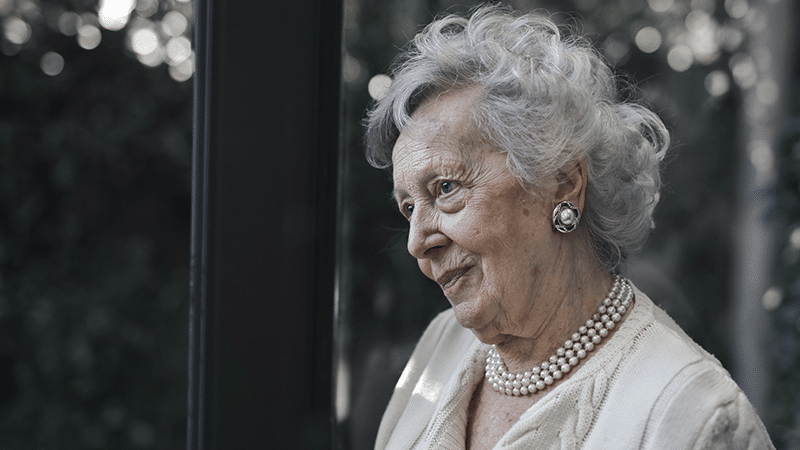The Christian Institute has warned MSPs not to legalise assisted suicide, saying it is not the compassionate solution that activists claim.
Holyrood politicians are set to consider Lib Dem MSP Liam McArthur’s Assisted Dying Bill in the coming months, but Christians across the country are voicing their opposition to the plans.
The Institute, which has almost 10,000 supporters in Scotland, said a change in the law would inevitably lead to vulnerable people feeling pressured into committing suicide for fear of being a burden.
‘Duty to die’
It said: “The choice to die very quickly becomes a duty to die. So-called safeguards in other jurisdictions have evaporated, often staggeringly quickly. And the drugs given to people to kill themselves can cause intense suffering.
“True compassion for those who are terminally ill means valuing their lives, giving them hope, and ensuring that high quality palliative care is available to everyone who needs it.”
The Institute was joined in opposition by a number of church leaders and other Christian groups, including Evangelical Alliance Scotland.
It said: “It would send the message to terminally ill patients that ending their life early is something they should consider, adding all sorts of unnecessary anxieties and stresses in the most vulnerable moments of someone’s life. After two years of Covid-19, these pressures are the last thing we need to introduce within our palliative care services.”
I want to live in a country where weakness and vulnerability isn’t a defining reason to consider the worth one’s life
‘God-given life’
Rev Brian R More, of Newton Mearns Baptist Church, said: “I want to live in a country where weakness and vulnerability isn’t a defining reason to consider the worth of one’s life or legitimising any reason for the need to end it.
“There is shallow compassion in the hope to have assisted dying in Scotland.”
He added that Liam McArthur’s argument that assisted suicide is compassionate is both “reductionistic” and “faux-moral sophistication”, and said that if people want to be merciful to suffering patients, they should provide care, not killing.
‘Crossing the Rubicon’
The Catholic Bishops’ Conference of Scotland also objected to the proposed legislation, saying it “would put immeasurable pressure on vulnerable people including those with disabilities to end their lives prematurely, for fear of being a financial, emotional or care burden on others.
“Once passed, incremental extensions and the removal of protections and safeguards are inevitable and have happened everywhere legislation has been passed.
“Deliberately bringing about a patient’s death would be akin to crossing the Rubicon for a profession entrusted to act in the best interests of the patient and to first do no harm.I want to live in a country where weakness and vulnerability isn’t a defining reason to consider the worth one’s life
“MSPs should be preventing suicide, not assisting it by introducing a dangerous law with deadly and irreparable consequences.”
Rejected
The public consultation on Liam McArthur’s assisted suicide Bill closed on 22 December. But fellow MSP Pam Duncan-Glancy has warned that weakening end of life protections is “a danger” to the vulnerable.
Two assisted suicide Bills have been defeated in the Scottish Parliament since 2010, most recently in 2015, when MSPs rejected Patrick Harvie’s Assisted Suicide (Scotland) Bill by 82 votes to 36.
A majority of MSPs in both the Scottish Conservatives and Scottish Labour parties voted against the Bill, with MSPs from the Scottish Liberal Democrats and the SNP also rejecting the legislation, but both Scottish Green MSPs at the time voted in favour of the Bill.
Peer: ‘Listen to the vulnerable – don’t legalise assisted suicide’
Man given just 6 months to live 19 years ago thankful assisted suicide is illegal
‘Assisted suicide Bill opens door to coercion’, palliative care experts warn
Labour Peer: ‘Even well-meaning assisted suicide activists are still wrong’




